This piece is part of the Taiwan-U.S. Quarterly Analysis series, which features in-depth analysis of important issues in Taiwan and the U.S.-Taiwan relationship by leading experts, with the goal of providing a range of perspectives on developments relating to Taiwan.
Political science research consistently shows two things for Taiwan’s electoral politics. First, how people identify — as Taiwanese, Chinese, or both — remains paramount for understanding voting behavior. And second, one’s preference for independence, unification with the People’s Republic of China (PRC), or the status quo is still the most important political question for voters. Surveys constantly ask Taiwan’s citizens about these two topics. Rarely do we need to speculate about how Taiwan people identify or how they feel about Taiwan’s future, because we have consistent polling data on both.
For example, we know that Taiwan people overwhelmingly reject unification with the PRC, and the vast majority do not support immediate formal independence. At the same time, the number who identify as exclusively Taiwanese, not Chinese, continues to rise. However, these findings mask deeper questions that existing polls do not fully answer. Above all, what exactly does it mean to have a Taiwanese, not Chinese, identity?
Conventional wisdom holds that a central element of Taiwanese identity is the idea that Taiwanese culture is distinct from Chinese culture. But our new survey results challenge ethnocentric understandings of Taiwanese identity. We find that what unites Taiwanese people is not a rejection of Chinese culture, but a rejection of the PRC’s political system.
Taiwan’s complicated connection to Chinese culture
Our May 2021 survey of 1,000 Taiwan people yielded evidence that Taiwanese identity may not be primarily ethnocultural or ethnonational. Instead, Taiwanese have a complex relationship with Chinese culture.
The idea that Taiwan people reject unification out of a sense of ethnocultural difference from China finds little support in our survey. A majority of our respondents — 56% — said Taiwanese culture was similar to Chinese culture. While that perception varied across age groups, it was the strong plurality view in all age groups, and a majority view in all but one (age 30-39). The percentage that viewed the two cultures as dissimilar was roughly the same as the percentage that declined to answer.
People who identified as Taiwanese only were less likely to see a close cultural link with China than those who identified as both Chinese and Taiwanese, but even among those who identified as Taiwanese only, the proportion that saw Chinese culture as close to Taiwanese culture was larger than the proportion that rejected that view. (There were not enough respondents in our survey who chose “Chinese only” to produce meaningful results.)
We also asked about the cultural similarity between Taiwan and Hong Kong. We expected that respondents might feel a strong connection to Hong Kong. Their recent economic and social development is similar, and there is considerable sympathy for Hong Kong in Taiwan today. They also share the experience of forging distinct identities while being claimed by the PRC. Our expectation was not borne out; on the contrary, our respondents felt more cultural affinity with China than with Hong Kong.
The finding that Taiwan people recognize a cultural affinity between Taiwan and China challenges the idea that they reject unification because they feel culturally different from Chinese. Our data suggests that over-attention to ethnocultural factors in the analysis of Taiwan’s public opinion trends tends to obscure a more important driver of Taiwanese resistance to unification: antipathy toward the PRC’s political system and toward specific PRC policies.
Taiwan’s rejection of PRC politics
The PRC government celebrates its political and economic performance at home and its rising status abroad, but Taiwan people are not impressed. In our survey, 63% of respondents had a negative view of the PRC government; only 8% had a positive view. That’s especially true of young people, but there was no age group that saw the PRC government in a positive light:
Our respondents not only disliked the PRC government. They also believed it was a negative force in their own society in Taiwan: 66% rated the PRC’s influence on Taiwan as somewhat or very negative. Less than 10% saw a positive impact.
Those responses refer to the PRC government, not its people. Asked about Chinese people, the percentage with an unfavorable view fell to 42%, while the plurality — 46% — had neither a positive nor a negative perception of Chinese people. The poll doesn’t show much favorability toward Mainland Chinese people, but it also suggests that it is the PRC government that Taiwan people resent the most.
Explaining negative sentiment toward the PRC
Given the rhetoric out of Beijing (and the warplanes in Taiwan’s Air Defense Identification Zone), many Taiwan people believe the PRC is hostile to Taiwan. We asked our respondents to rate the PRC’s friendliness toward Taiwan. The largest number (24%) chose the most unfriendly rating, and 72% rated China’s government as at least somewhat unfriendly. Fewer than 12% chose a response that suggested Beijing was even a little bit friendly to Taiwan.
In short, Taiwan people overwhelmingly reject the PRC state, which they view as hostile and as a malign influence on Taiwan — but they do not reject Chinese culture in the same way.
Whatever Taiwan people’s cultural identity may be, they believe they are citizens of a state that is not the PRC. What makes their state different from the PRC — and from Taiwanese states in the past — is that it is a liberal democracy, one built and sustained by Taiwanese themselves. Our survey is not the first to suggest that commitment to democracy is an important value for people in Taiwan. Multiple waves of the Asian Barometer, World Values Survey, and Varieties of Democracy surveys show strong endorsement of democracy in Taiwan.
What is Taiwanese identity? This is an ongoing question that Taiwan people are constantly negotiating and renegotiating. It is large and complex and a question that fills volumes of research. What our survey suggests, however, is that Taiwanese identity is not necessarily about rejecting Chinese culture. Instead, our findings suggest that rejecting the PRC as a political system is a central part of Taiwanese identity.
Identity in Taiwan is a popular talking point for both citizens and experts alike. But understanding exactly how identity matters — especially when it comes to electoral politics — is increasingly important in light of ongoing tensions across the Taiwan Strait. As the PRC’s policies and actions continue to become more aggressive towards Taiwan, our research suggests it will only drive Taiwan people away from wanting to identify as Chinese and make cross-Strait relations even more difficult.
The Brookings Institution is committed to quality, independence, and impact.
We are supported by a diverse array of funders. In line with our values and policies, each Brookings publication represents the sole views of its author(s).

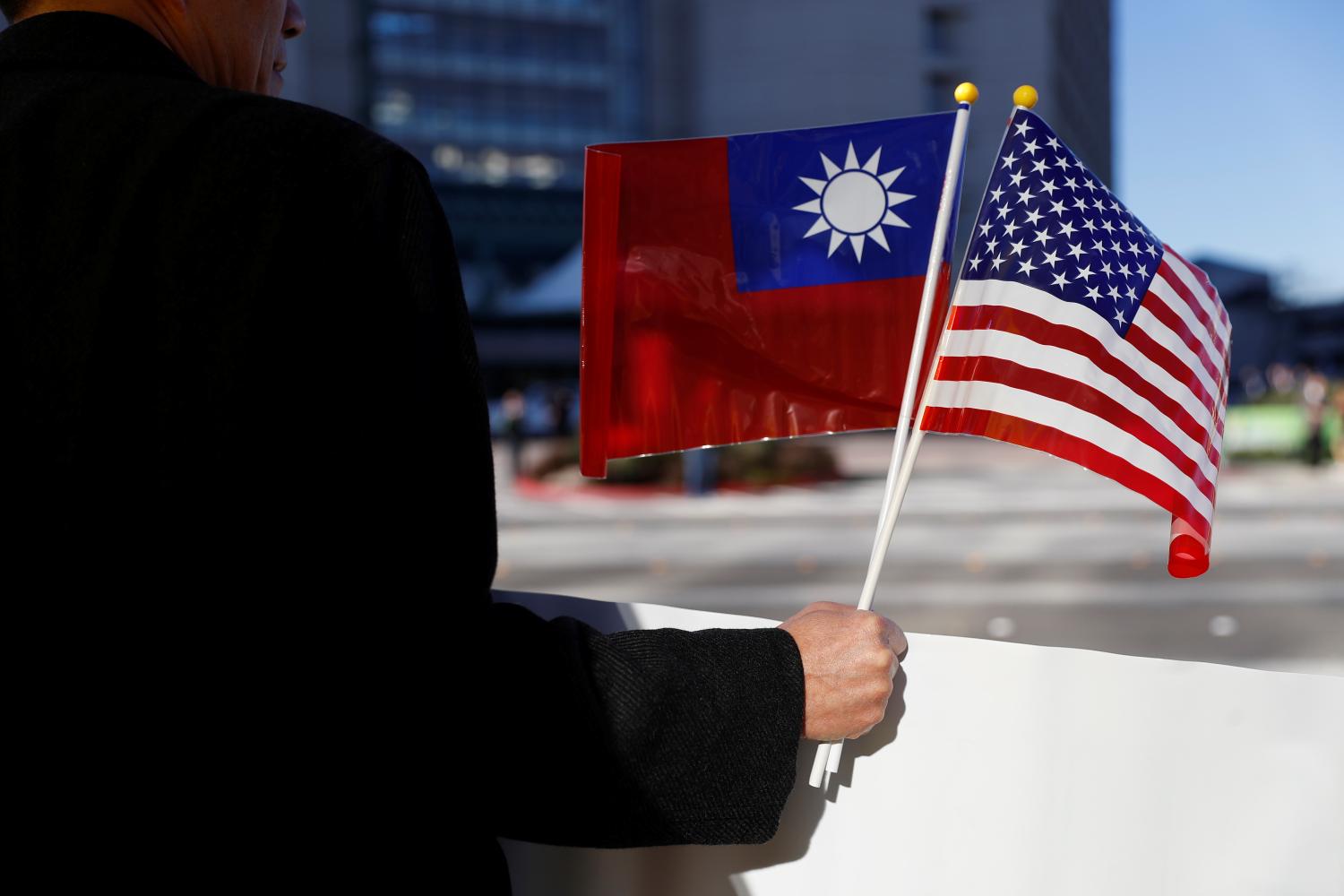
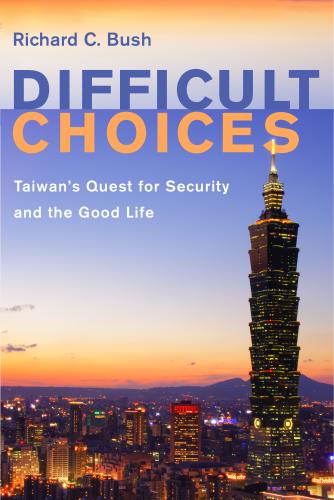
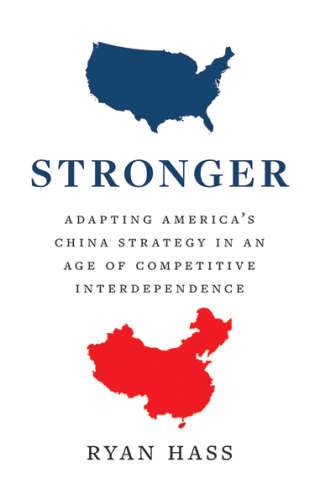

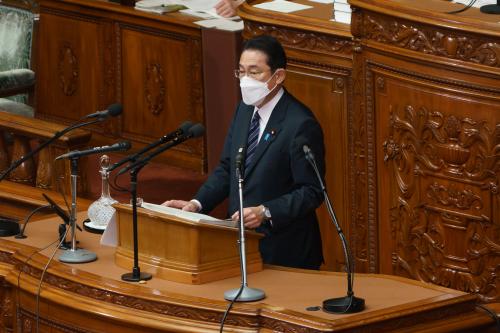
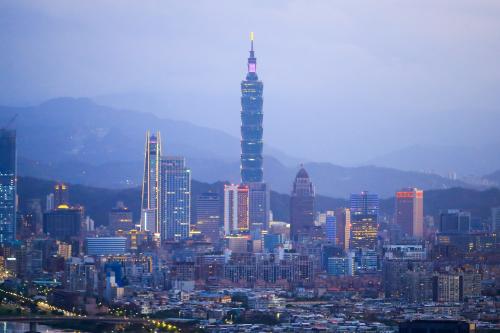




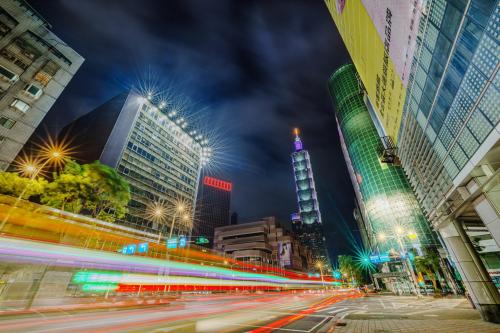
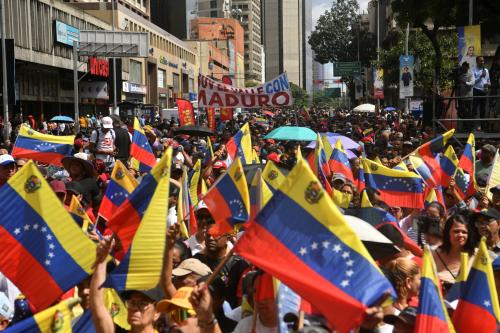
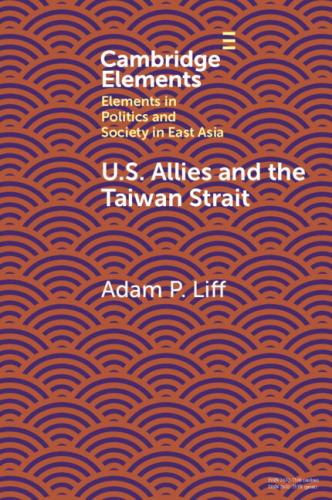
Commentary
Why is unification so unpopular in Taiwan? It’s the PRC political system, not just culture
February 7, 2022